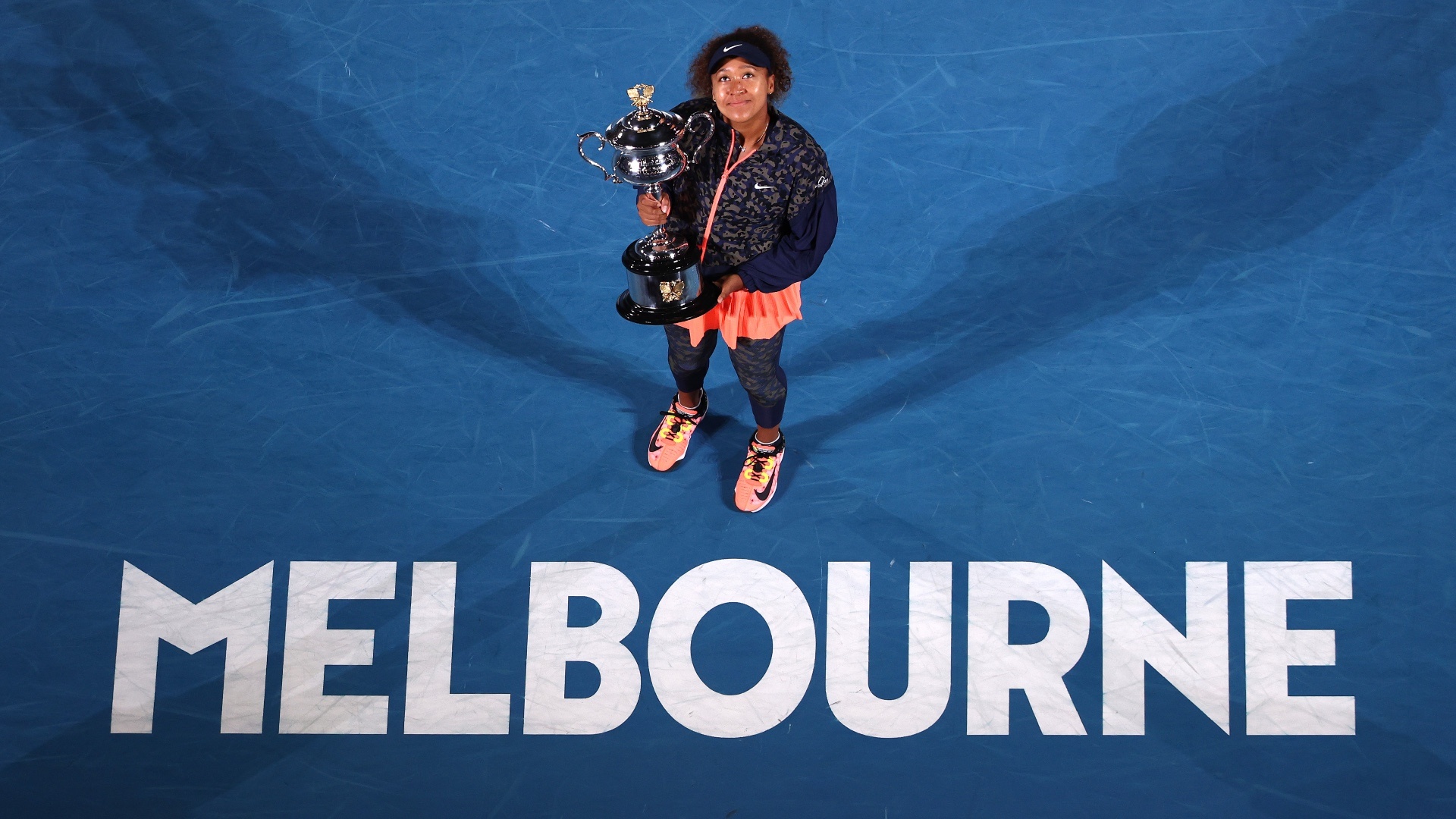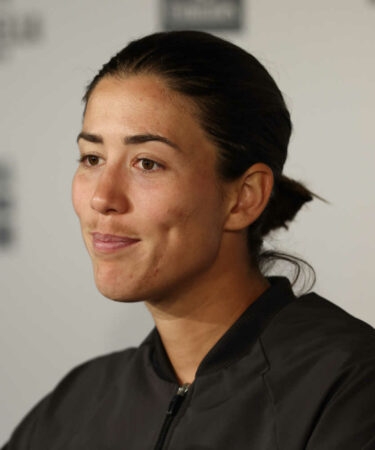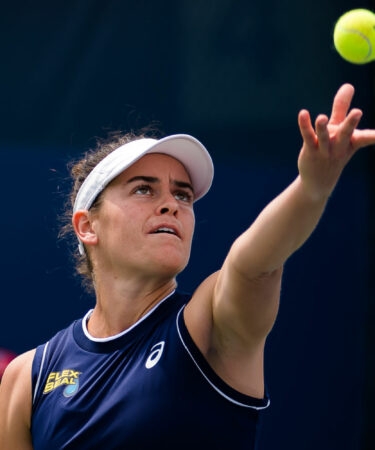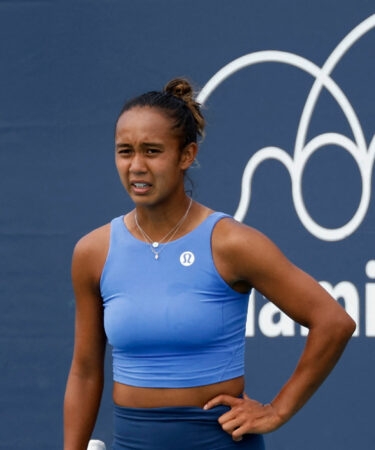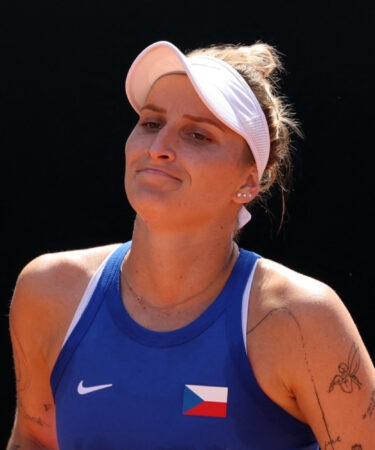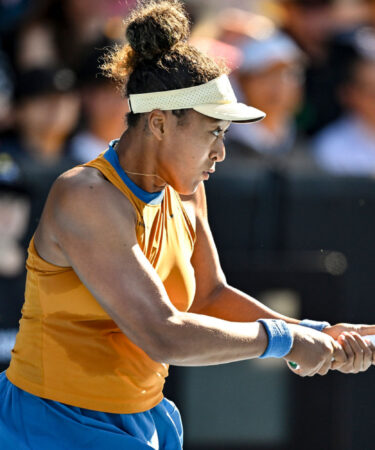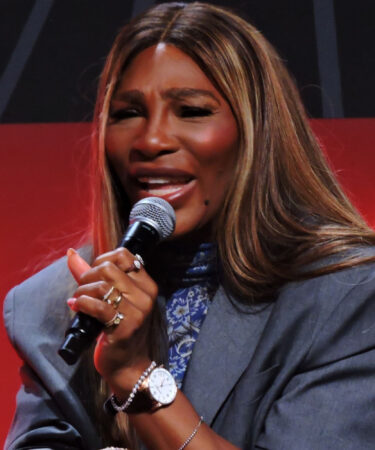Naomi Osaka in 2021: the Fourth Grand Slam title, and the black hole
From the high of winning the Australian Open to the low of dealing with mental health issues, it was a difficult year for the young Japanese
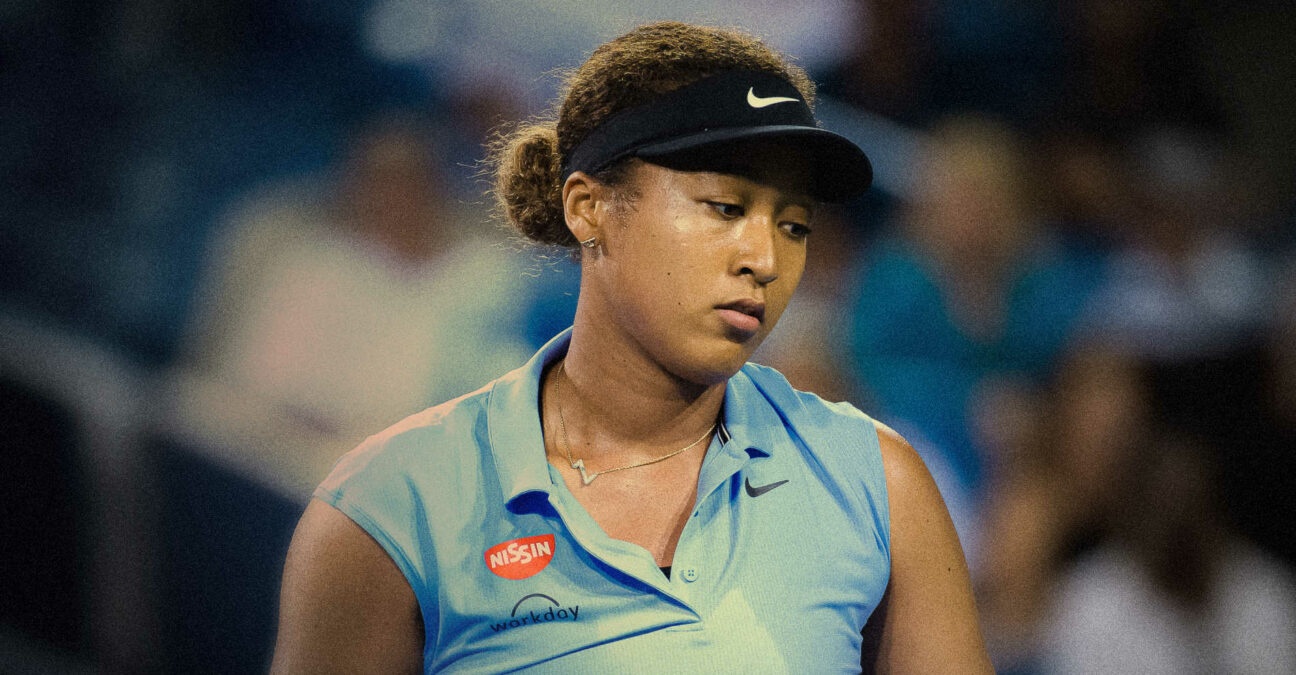 © Zuma / Panoramic
© Zuma / Panoramic
Naomi Osaka started the year ranked No 3 and seemingly on top of the world when she won her fourth Grand Slam title at the Australian Open. She ended it outside the top 10 with her future in the sport in doubt as she battles mental health issues.
From the glory of her second Melbourne win to her tears at the US Open after she lost to runner-up Leylah Fernandez, to her withdrawal from the French Open following the controversy that arose from her decision not to appear at a press conference to preserve her psychological balance.
There was another high, though, as Osaka became the first female tennis player to light the Olympic cauldron at the Tokyo Games, showing once again that she is a superstar, whose voice reaches far beyond the tennis world.
- Osaka’s ranking at end of 2020: 3
- Osaka’s Ranking at end of 2021: 13
- Osaka’s 2021 win-loss record: 18-6
- Osaka’s Titles in 2021: 1
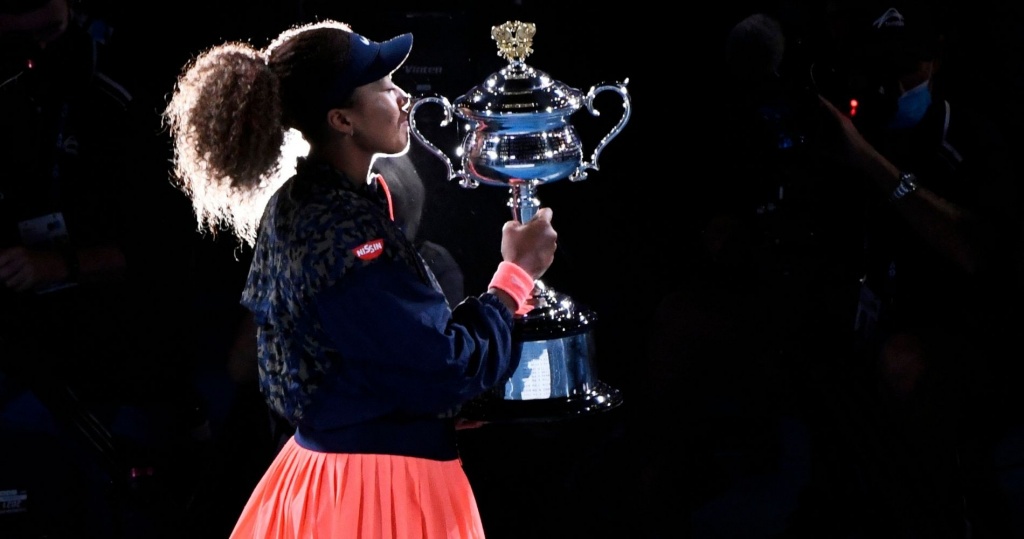
BEST PERFORMANCE: A SECOND STRAIGHT SLAM TITLE
Naomi Osaka began the year as she ended the previous one, as the hard court boss. She dominated the Australian Open, making it 20 straight victories, going back to her US Open triumph of 2020.
Between the two, she reached the semi-finals of the Melbourne Summer Series as her comeback tournament, but withdrew due to shoulder pain to save herself for the first Grand Slam of the year. Her choice proved wise as she won her second consecutive major, bringing her total to four. She is only the second woman in the Open Era to win her first four Grand Slam finals (Monica Seles holds the record with six).
At the time, it seemed a question of who could stop her from dominating the women’s game; there was talk of 10 majors as the minimum she would achieve.
NAOMI OSAKA’S BEST RESULT AT A GRAND SLAM
In Melbourne, Osaka showed that she was the player to beat on hard courts and a contender for the world No 1 spot. Her great rival, Serena Williams, who was beaten 6-3, 6-4 in the semi-finals, and Jennifer Brady, her beaten opponent in the final (also a 6-3, 6-4 win), appeared to be short of solutions.
Only Garbine Muguruza pushed her to the limit and came close to knocking her out in the round of 16. The Japanese saved two match points in the third set on her serve before breaking to win 4-6, 6-4, 7-5.
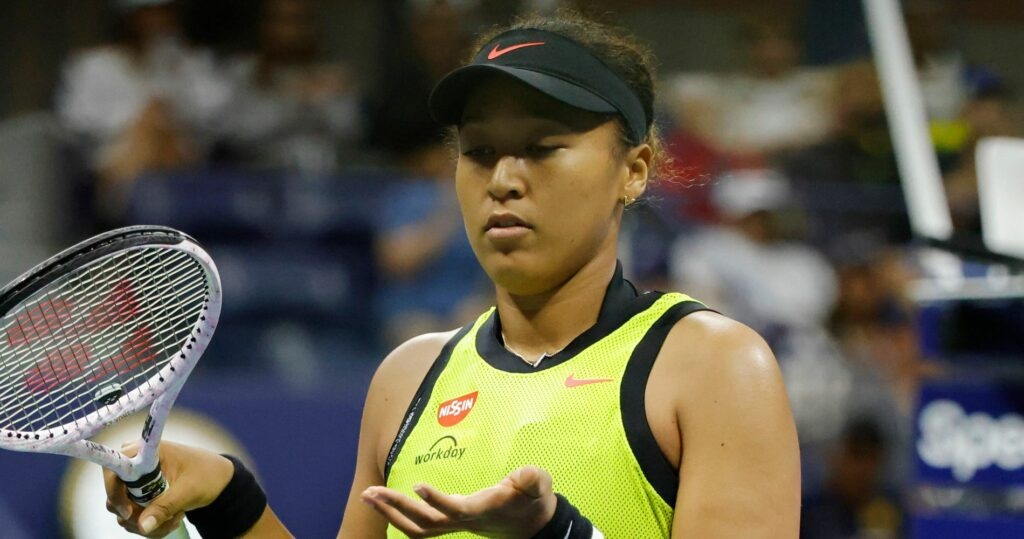
OSAKA’S BEST MOMENT: LIGHTING THE OLYMPIC FLAME
Aside from her fourth Grand Slam success, Naomi Osaka enjoyed a particularly special moment when she lit the Olympic cauldron at the Tokyo Olympics during the opening ceremony. It was the first time in history that any tennis player had fulfilled the role.
“This is without a doubt the greatest sporting achievement and honour I will ever have in my life,” she said. “I have no words to describe my feelings at this moment, but I know that I am currently filled with gratitude and appreciation. I love you all, thank you.
This is without a doubt the greatest sporting achievement and honour I will ever have in my life.
Naomi Osaka
The Olympics had been one of her major goals all season, competing in her home country, where she is a huge star, on her favourite surface. After two masterful opening rounds, she looked back to her best but was then surprisingly beaten by former Roland-Garros runner-up Marketa Vondrousova in the round of 16, 6-1, 6-4.
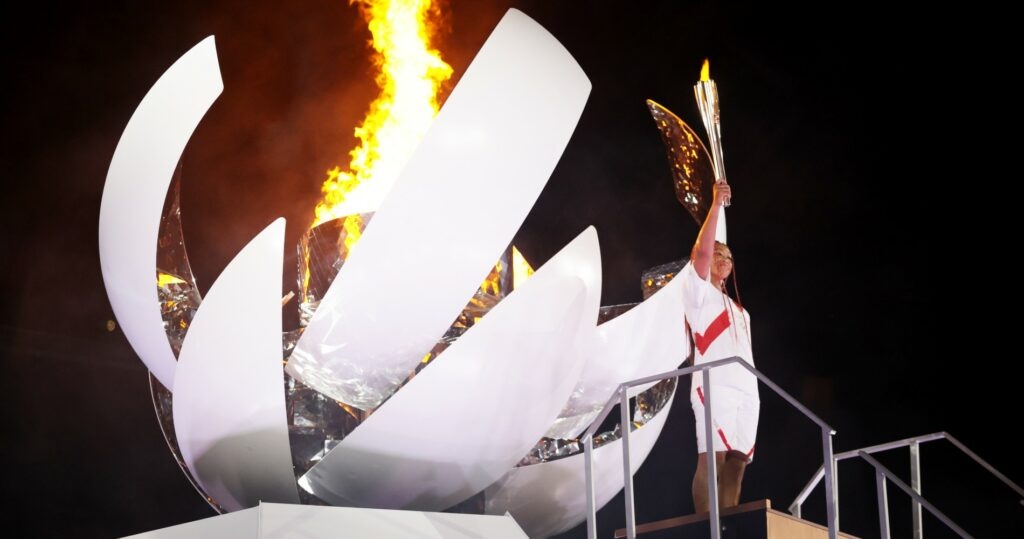
OSAKA’S “WORST MOMENT OF THE SEASON: WITHDRAWAL FROM ROLAND-GARROS, HER DISTRESS AT THE US OPEN
The transition to clay was fatal for Naomi Osaka. Her formidable aura and serenity suddenly vanished. When she arrived at the French Open, she’d played just three matches on the surface, with just one win, over Misaki Doi in Madrid.
Three days before Roland-Garros began, Osaka announced on social media that she would not be attending press conferences because she deemed them harmful to her mental health. The highest-paid sportswoman in the world, according to Forbes, preferred to pay a $20,000 fine for not showing up.
Her decision drew strong reactions from her peers and all four Grand Slam events threatened her with disqualification or even suspension if she continued to refuse to fulfil her media commitments. After winning her first-round match, Osaka then chose to withdraw from the event, revealing that she had been suffering from depression and anxiety.
After the French Open, Osaka only played three tournaments: the Olympics, Cincinnati and the US Open. At her first press conference since the French Open in Cincinnati, she broke down in tears as she spoke about her relationship with the media.
Then at the US Open, where she was the defending champion, she opened up more about the pressure on her shoulders. Her three-set loss to teenager Leylah Fernandez in the third round, when she had served for the match, marked the end of her season. In her post-match conference, she expressed her frustration and lack of enjoyment on the court and announced that she wanted to stop playing for a while.
NAOMI OSAKA OFF THE COURT
In Cincinnati, Osaka announced that she would donate all of her winnings to the victims of the Haiti earthquake on August 14, which killed more than 2,200 people in her father’s home country. After supporting the Black Lives Matter movement by wearing masks with the names of victims of police violence in the US before each match at the 2020 US Open, she once again used her fame to support causes she believes in.
This summer, shortly before the Olympics, she became the first Haitian-Japanese woman to pose on the cover of Sports Illustrated magazine. She also appeared on the cover of Vogue Japan and Time Magazine, where she wrote an opinion piece on anxiety and depression.
View this post on Instagram
A Netflix docuseries about her was released this summer. This ubiquitous media presence has been the subject of some criticism, to which Osaka has responded by explaining that the photos were taken last year.
OSAKA’S 2021 SELF-ASSESSMENT
“I want to feel like I’m playing for myself,” Osaka explained on HBO. “I felt like that was taken away from me, I wasn’t playing to make myself happy anymore, I was mostly worried about what people would say about me if I won or lost. I was used to enjoying the competition. The longer a match went on, the more fun I had. And then, recently, I started to feel the opposite. The longer it was, the more stressed I was.
I was mostly worried about what people would say about me if I won or lost.
Naomi Osaka
“I needed a break to recharge my batteries and find my motivation,” added the Japanese player. “I’ve been playing tennis since I was three years old, of course I love it and I’m going to continue. I will probably start playing tournaments again soon… Playing for myself.”
TENNIS MAJORS’ VIEW
Naomi Osaka started the year with a bang and all the talk was of how many Grand Slams she might win, so invincible she had looked in Melbourne. But then her anxiety problems increased and the pressure she was under finally came to light. While she has not yet won a title on clay or grass, her withdrawal from the French Open and her forfeit from Wimbledon have not allowed her to continue her quest for consistency.
At 24, Osaka already has four Grand Slams under her belt. With her intelligence and immense talent, there is no doubt that she can adapt to other surfaces. But she needs to rediscover the fun and carefree attitude that she used to have. We hope that she will be able to shed the weight of expectations and demands linked to her status as a superstar and spokesperson for political and societal causes, which can sometimes be very heavy for one person.








